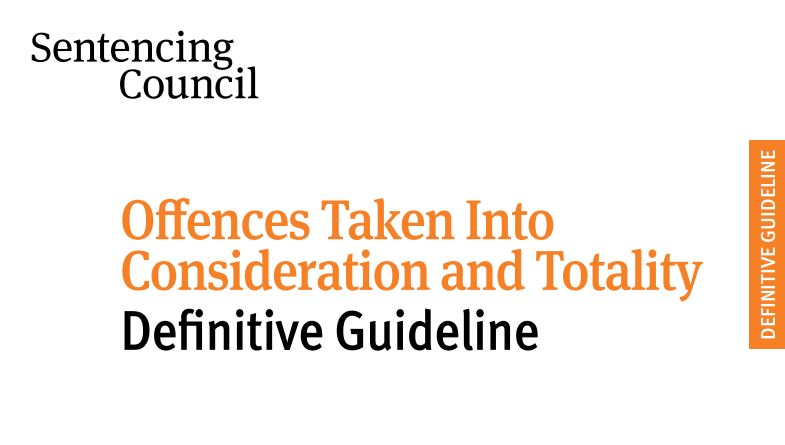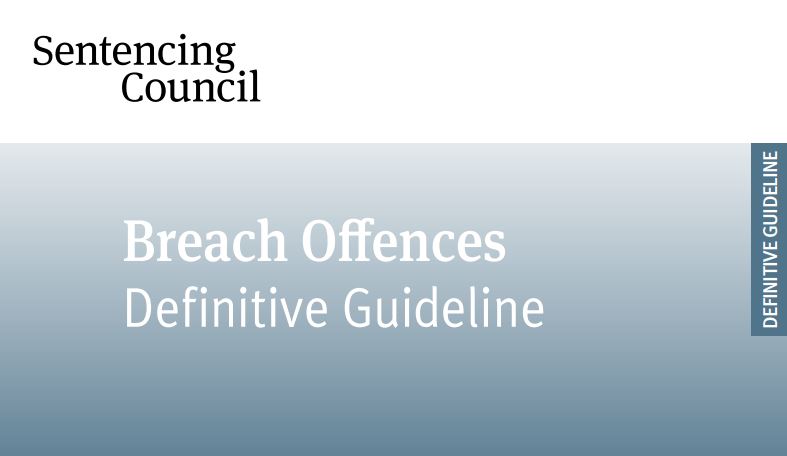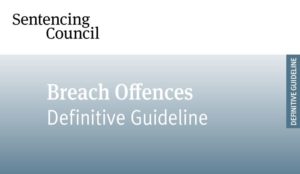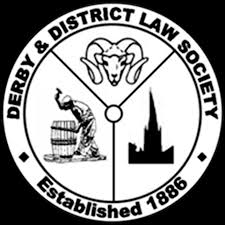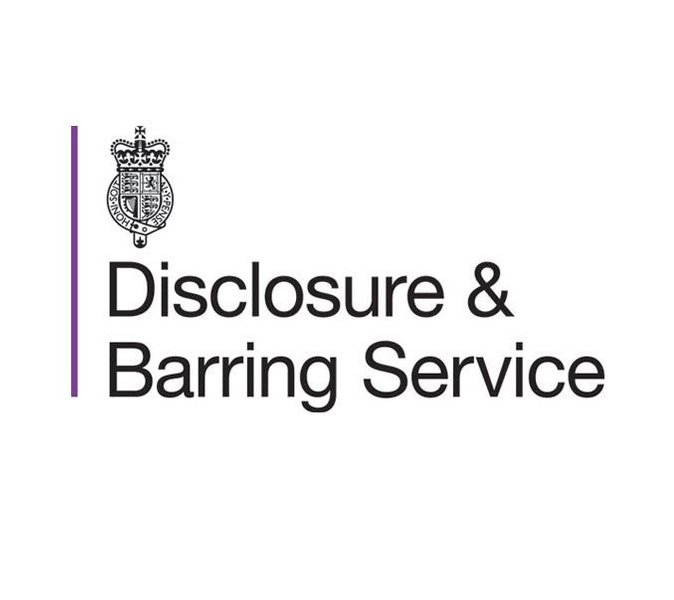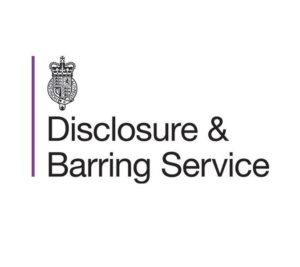Category Archives: News
What are offences taken into consideration or ‘TICs’?
These are offences taken into consideration at the time of sentencing. These ‘TICs’ are not offences that are charged.
When will a person be asked about them?
Where someone has pleaded guilty to an offence or offences, or is expected to do so, or are due to be sentenced after trial, a person can admit other matters so that they can be offences taken into consideration at that sentencing hearing.
As well as a person volunteering offences, the police may also approach them to ask if they want to accept any TICs. It is crucial that free and independent legal advice is obtained at this stage as there are consequences and risks to having offences taken into consideration on sentence.
What happens if I want to admit TICs?
You will be spoken to under caution. If you do admit other offences and the police and prosecution agree, a schedule of the offences will 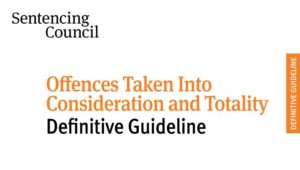 be prepared and placed before the court.
be prepared and placed before the court.
It is then for the court to decide whether or not to take them into account when you are sentenced.
The positive side of such a process is that the court will consider the fact that you have assisted the police and shown a genuine desire to “wipe the slate clean”. This will support any suggestion of genuine remorse for any offending. More can be found about such mitigation here.
Additionally, the police will no longer be searching for the person responsible for these offences so there will be no risk of future arrests and sentence.
Offences taken into consideration will make a difference to your sentence. Any sentence will be longer as a result of the TICs, Any increase, however, may not be as much as if you were sentenced separately for those offences.
The negative consequences of TICs
On the negative side, the acceptance of offences taken into consideration may result in a greatly increased sentence. They will be treated as an aggravating feature of your offending. This will be especially true if there is a large number of TICs.
The total sentence imposed has to reflect all of the offending behaviour.
A defendant can also be ordered to pay compensation in relation to TICs.
Finally, it may be that the offences might never have been linked to any suspect. As a result, a defendant may be admitting more than could ever be proved. As a result there will be a trade off between peace of mind as against looking over your shoulder wondering whether your past will catch up with you.
Wiping the slate clean
If you wish to wipe the slate clean it is important to ensure that all outstanding offences are admitted, otherwise you may not receive any discount if a future prosecution is brought.
In the recent case of Murray [2018] EWCA Crim 1252 the court observed (citing an earlier case of McLean [2017] EWCA Crim 170):
“It seems to us however that this appellant must have made a conscious choice not to disclose the July 2014 matter in the hope that it would go undetected. In those circumstances he cannot now claim to be sentenced as if both matters should have been dealt with together in January 2015. To permit that to happen at this stage would be unjust to the public interest in giving the appellant an undeserved, uncovenanted bonus. This case therefore is a salutary illustration of the benefits which can accrue to offenders from making voluntary admissions of additional offending and the risks that they run if they choose not to do so.”
What sort of offences can be TIC’d?
Similar offending is likely to be accepted as a TIC. An offence is unlikely to be accepted as a TIC if –
- it is an admission to an offence more serious than the one you have pleaded guilty to;
- it is an offence that would attract disqualification or penalty points on conviction;
- if it is an offence committed in breach of an earlier sentence;
- where it is an offence completely dissimilar to the one charged; or
- where it is a specified offence when the charged offence is not.
If further offences are admitted will they definitely be offences taken into consideration?
Not necessarily.
Admissions in the circumstances above may lead to further criminal charges being brought against a defendant. This is why it is important to seek free and independent legal advice.
How can we help in these circumstances?
Any advice as to whether to accept TICs or not is likely to be dependent on both your personal circumstances and the offences involved.
If we are already representing you then we will be able to take your instructions and provide you with advice on the likely effect of admitting further offences to be taken into consideration.
Where we do not currently act for you and you want our expert advice then please contact your nearest office. Our independent legal advice in police interview will always be free of charge to you under the criminal legal aid scheme.

